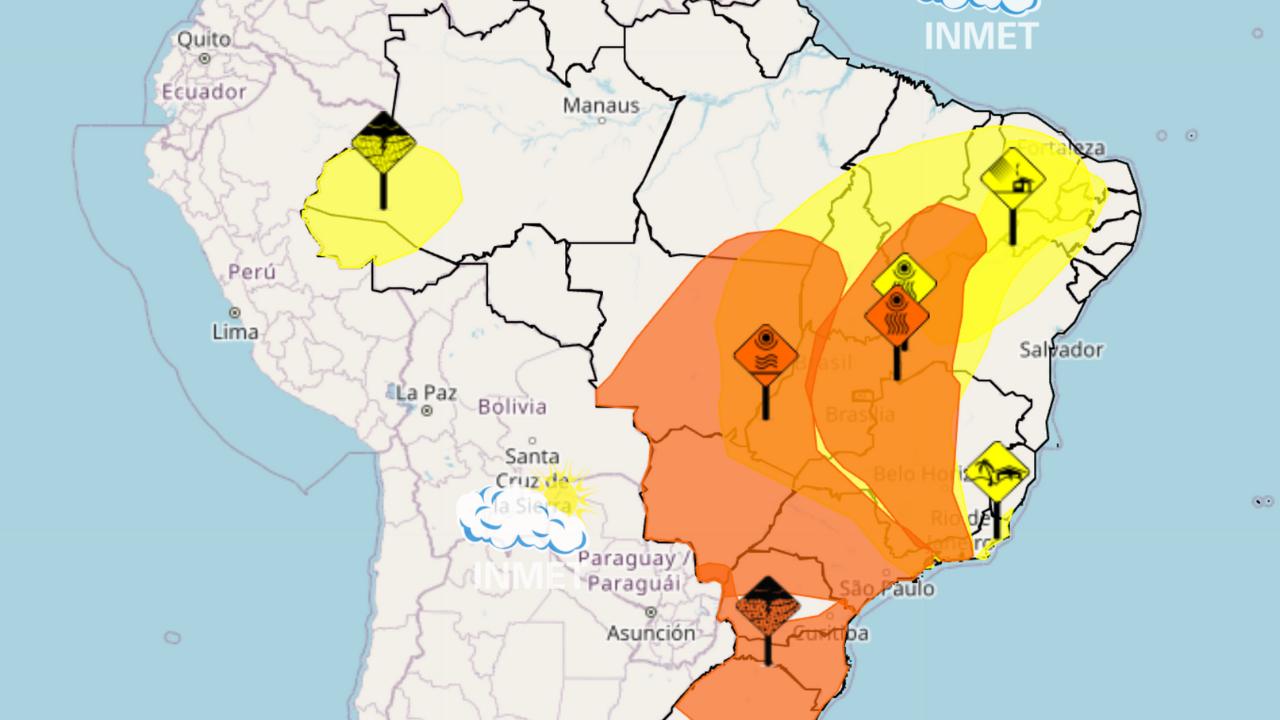The National Meteorological Institute (INMET) has issued two weather warnings for Bahia. These alerts cover 109 towns, primarily in the state’s western half.
Another advisory warns about gusty winds reaching 40 to 60 km/h in the north-central region.
The yellow alert indicates a relative humidity level of 20 to 30%. Meanwhile, the orange alert shows a riskier 12 to 20% humidity.
This orange INMET alert applies to 41 towns in western Bahia and extends to 847 towns in various states.
Both alerts started at 10 a.m. on Tuesday. The orange one expires at 7 p.m. and the yellow one at 10 p.m.
Due to ongoing dry air, these warnings may continue for several days.
Dry conditions pose wildfire and health risks. They can cause skin dryness, eye discomfort, and other issues.

Experts recommend drinking fluids and avoiding exertion in dry hours to mitigate these effects. People should also steer clear of direct sunlight during peak heat.
An orange heatwave alert remains active until next Friday. It affects various regions, with temperatures likely to break records.
This alert encompasses 1,338 towns in several states. In these places, temperatures might rise 5ºC above average for three to five days.
Background
In this situation, the dual weather warnings deserve close attention. While isolated, each poses its own set of challenges.
Yet, when combined, they could exacerbate existing environmental and health issues.
Dry, windy conditions are often a recipe for wildfires, which have previously ravaged Bahia and neighboring states.
In a broader context, these alerts fit into the global climate crisis narrative. Unusually low humidity and high temperatures could be indicators of larger climatic shifts.
Consequently, these warnings should not be seen in isolation but as part of a broader environmental trend.
Government agencies should take proactive measures. Strategies can include stricter fire bans and public health advisories.
Local communities also need to engage in preventative actions. Simple steps like avoiding outdoor fires and staying hydrated can make a significant difference.

